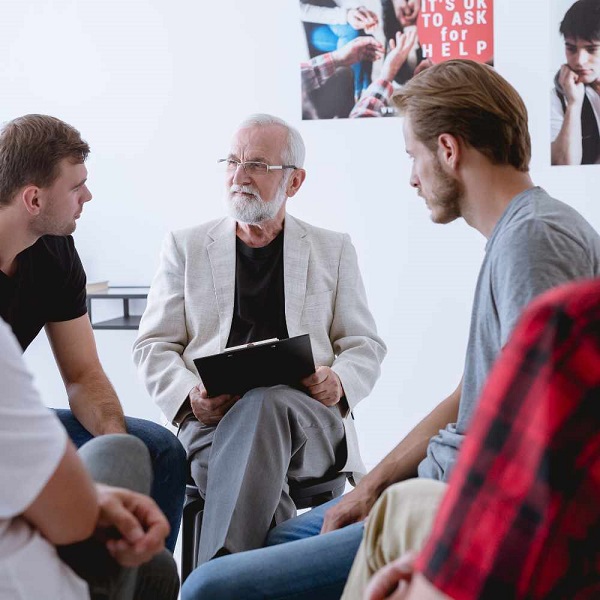PROBLEM: CULTURAL CONDITIONING
PROBLEM: CULTURAL CONDITIONING
Cultural conditioning is a major barrier, preventing men from entering into mental health care.
It is well documented that men’s mental health issues are minimized and that men face tremendous barriers to seeking help. In many cultures, men are socialized to work and provide for their families as their primary responsibility. Many male-dominated workplaces, even today, do not place a high value on emotions and relationships unless they contribute to the goals of the workplace.
As a result, often men do not always learn or understand the value of emotions, or that emotions can contribute to their own mental health, and the mental health of their loved ones. Often men are conditioned to function in the workplace for long hours, in some cases more hours on the work site than at home with their partners and children.
Much of their time is spent in a place where many emotions do not hold much value if any. Men can be ill-equipped and lack experience in relating to others emotionally because they are spending a large part of their day functioning in a place where many emotions are not welcomed. Just ask almost any man how comfortable he feels about crying with a co-worker or expressing feelings of being overwhelmed to a boss.
This mindset, largely a result of cultural conditioning, is often the primary barrier preventing men from entering into mental health care, seeking help, or engaging in activities that would support their mental health. The problem this presents for men is that to have successful relationships with significant others (especially intimate partners and children) it is important to have some awareness, competency, and skill in expressing emotions and making space for others to express theirs. Further, mental health concerns such as depression, anxiety, PTSD, adjustment issues, addictions, and anger management all necessarily involve becoming more skilled at emotional availability and emotional expression.



